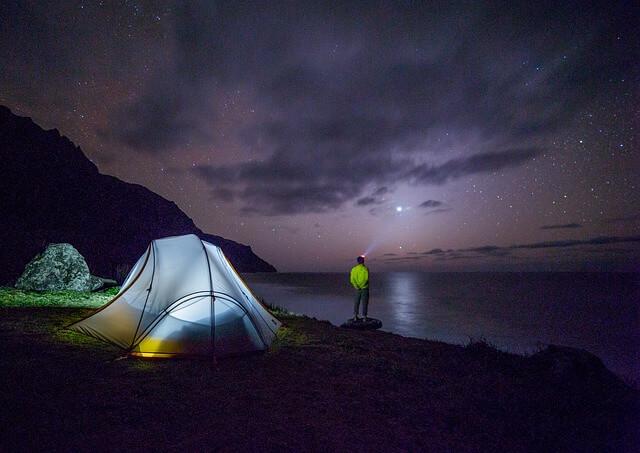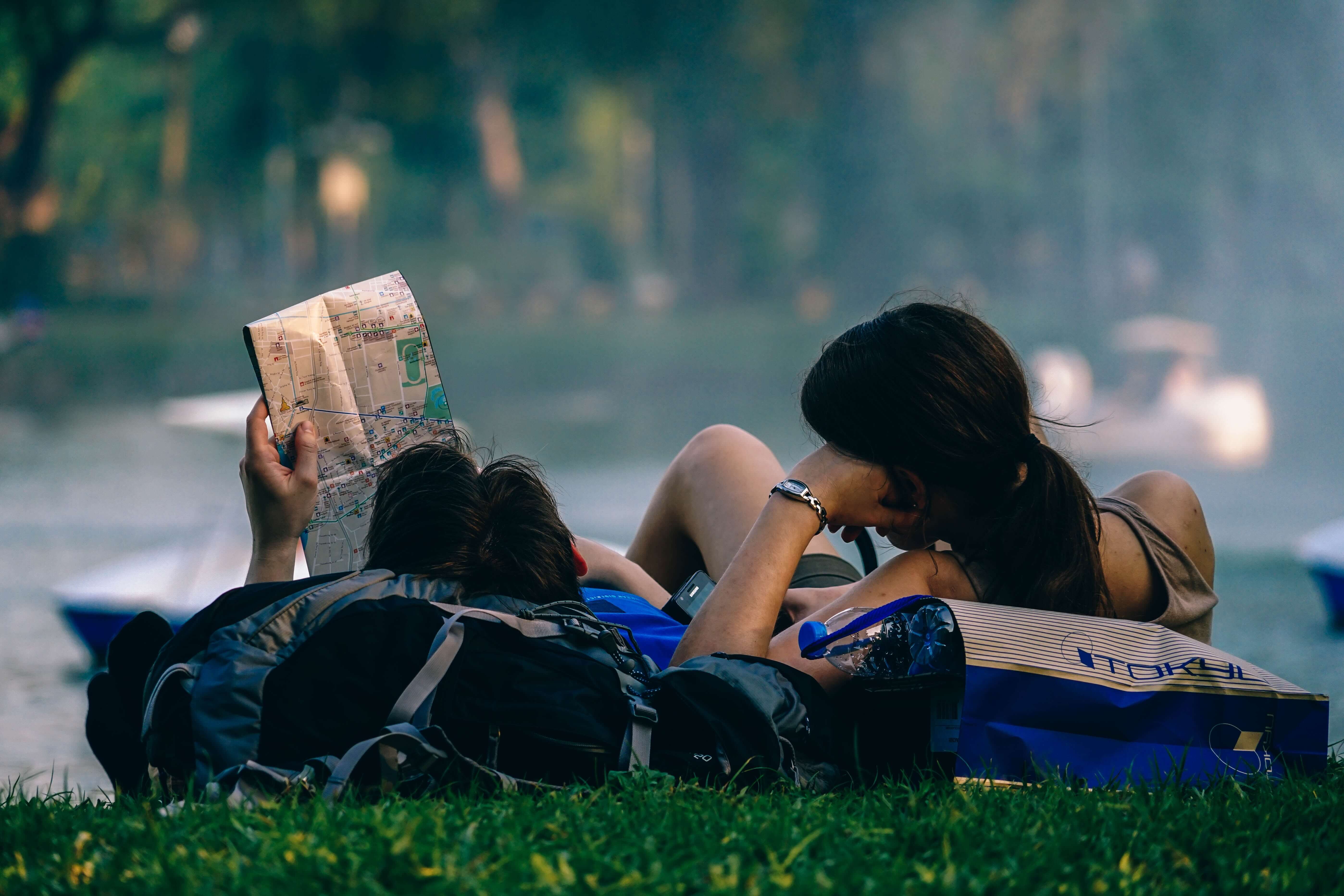Do you sometimes feel you need a vacation from your vacation?
by Jamie Gruman, University of Guelph
Lots of people will take a vacation this summer, but for many of them, their vacations won’t be the relaxing, recuperative getaways they were hoping for.
Research shows that about 40 per cent of people return from their vacations and feel either no better, or even worse, than before they left.
This happens because many of us make mistakes that compromise how enjoyable and satisfying our vacations can be. Below are some simple recommendations that you can implement before, during and after your vacation that will help ensure that your time off this summer is pleasurable, gratifying and fully recharges your batteries.
Plan ahead
Vacations can be stressful. Minimize your stress by planning out key parts of your vacation before you leave.
Reserve a flight outside of rush hour so you don’t get stuck in traffic. Book your scuba diving adventure a few weeks in advance.
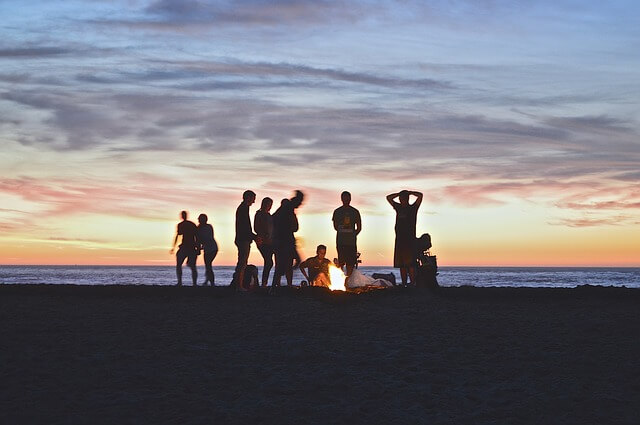
Coordinate your decision-making and expectations with travel mates before you leave for vacation. Image: Pixabay
Before leaving make sure that you and your travel partners are clear on everyone’s vacation priorities and have a general agreement about how you’ll spend your time.
While you are away you don’t want to engage in potentially stressful negotiations about how to fill your days. Even a single negative incident on vacation, like an argument with a spouse, reduces how much your time away improves your health and well-being.
Put away the electronics
A necessary ingredient for recharging your batteries on vacation is mentally disengaging from work. It’s not enough to physically leave the office, you have to mentally leave the office.
This is called psychological detachment. If you’re on the beach constantly looking at your phone to see what’s happening back at work, you’re not psychologically detached. If you check your email three times a day, you’re not psychologically detached.
If you don’t psychologically detach you won’t replenish yourself much on your trip. Turn off the electronics and clear your mind. That said, if you get anxious about the mountain of emails that will be waiting for you when you get back to work, you will also have trouble chilling out. So, engage in email triage.
Once every three or four days, check your email and delete anything you can dispense with immediately. Then, reply quickly to anything that can be addressed with a simple, token response, and mark as unread anything that needs some thought and should be tackled when you get back. This cuts the huge mountain of emails down to a small pile, which will put your mind at ease and allow you to unwind.
Read more:
The importance of actually unplugging on National Day of Unplugging
Enjoy yourself
Be a little bit selfish on vacation and ensure that you get to do what floats your boat. Enjoying yourself is a necessary ingredient in making sure your vacation is recuperative.
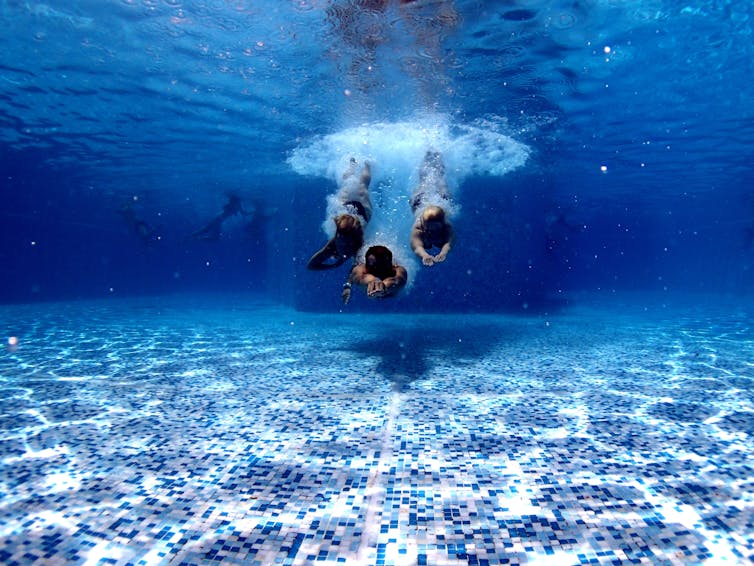
Make sure to do things you enjoy.
Vacations are supposed to refresh you and alleviate the burnout you suffer at work, and research shows that when you enjoy yourself and are satisfied with your vacation, your level of burnout drops significantly while away, but when you are not satisfied, your level of burnout barely changes.
Similarly, whether or not you enjoy your vacation strongly affects how refreshed you feel when it’s over. Take time for yourself and participate in activities you find pleasurable and satisfying. This is your vacation. You’ve earned it.
Staycations are OK
Not everyone has the disposable funds for travel vacations. But that’s OK. Staycations can be as effective as exotic getaways if they are done right.

Staycations can be great. But get out of your routine!
The main mistake people make during vacations at home is that they stay in their normal routine. They cook, they clean, they watch TV. In short, they don’t “vacate” their normal lives.
If you stay at home on your vacation, shake things up. Visit local tourist attractions. Eat different foods. Take day trips to neighbouring communities. Getting out of your normal routine can make a staycation feel as novel and recuperative as an excursion to a foreign land.
Read more:
How to turn your long weekend into a vacation
Come home a little early
We usually come back from our travel vacations on Sunday night so we can return to work Monday morning. We do this because we think that maximizing our vacation time means making the vacation last as long as possible.
But the goal of our vacations shouldn’t be to make them as long as possible but to make them as effective as possible. If you return home Sunday night you’re likely to run around trying to hurriedly unpack, water your plants, do laundry, pick up some groceries, check your phone messages and various other things you need to do to get back into the swing of things.
However, scrambling about is stressful and can quickly undo all the health and well-being gains you made while on vacation. Research shows that people who return from vacations a little bit early report being in a better mood for longer than those who return on a Sunday.
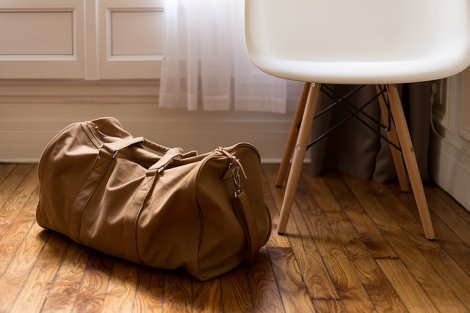
Arrive home with enough time to relax and organize before work on Monday morning.
Bookend your vacation with as little stress as possible. Come home early enough to leisurely get back into your normal routine, and ease back into work retaining your vacation benefits for as long as you can.
People often complain that they need a vacation from their vacation. When we return from our time off feeling just as depleted and tired as before we left it is usually because our vacations didn’t allow us to replenish our drained resources, satisfy our needs or adequately disengage from our normal routines.
![]() Implementing a few simple tactics before, during, and after your vacation can ensure that your time off this summer fully recharges your batteries and lets you return to work feeling healthy, happy and productive.
Implementing a few simple tactics before, during, and after your vacation can ensure that your time off this summer fully recharges your batteries and lets you return to work feeling healthy, happy and productive.
Jamie Gruman, Professor of Organizational Behaviour, University of Guelph
This article was originally published on The Conversation.

